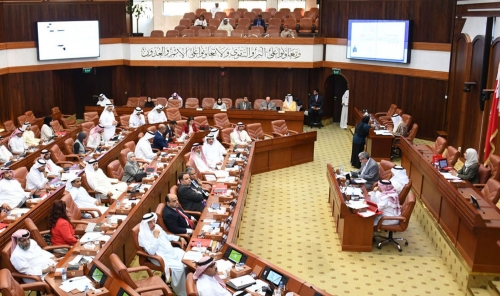MPs push to exclude wages and rent from income calculation
TDT | Manama
Email : editor@newsofbahrain.com
MPs want wages and rent excluded from income calculations, arguing they unfairly disqualify struggling business owners from cost-of-living support.
-
Proposal suggests raising payroll cap to BD2,000 and worker limit to 20, while removing rent and electricity costs from the equation.
-
Services Committee backs the move, but the Ministry of Social Development urges broader review, noting existing rules were set in 2013 after legislative-executive talks.
MPs want an end to the practice of counting workers' wages and office rent as a business owner's personal income, arguing it unfairly knocks struggling entrepreneurs out of cost-of-living support. The Services Committee is backing the move.
Currently, anyone with a payroll passing BD1,000, regardless of their actual earnings, is excluded from the scheme. MP Basma Mubarak and four other MPs have argued that the existing rules, established in 2013 after talks between lawmakers and the government, paint a misleading picture of a business owner's financial status.
"The very costs that drain their earnings are being counted as income. It's an absurdity that must be corrected," Mubarak said.
Under the current rules, business owners applying for support must live in the country and have a household income below BD1,000. Business owners are allowed one commercial registration, a maximum of 10 workers, and a payroll under BD1,000. Lease agreements and power bills are also factored in as part of the income calculation.
The proposal suggests lifting the worker cap to 20, raising the payroll cap to BD2,000, and excluding rent and electricity costs from the equation. For example, a shopkeeper with just two employees could be ruled out of aid simply because their payroll crosses BD1,000—even if their own earnings are well below that.
The Services Committee has unanimously recommended the change, saying it would open up support, provide a clearer reading of real income, and ease pressure on small business owners facing financial difficulties.
Related Posts

